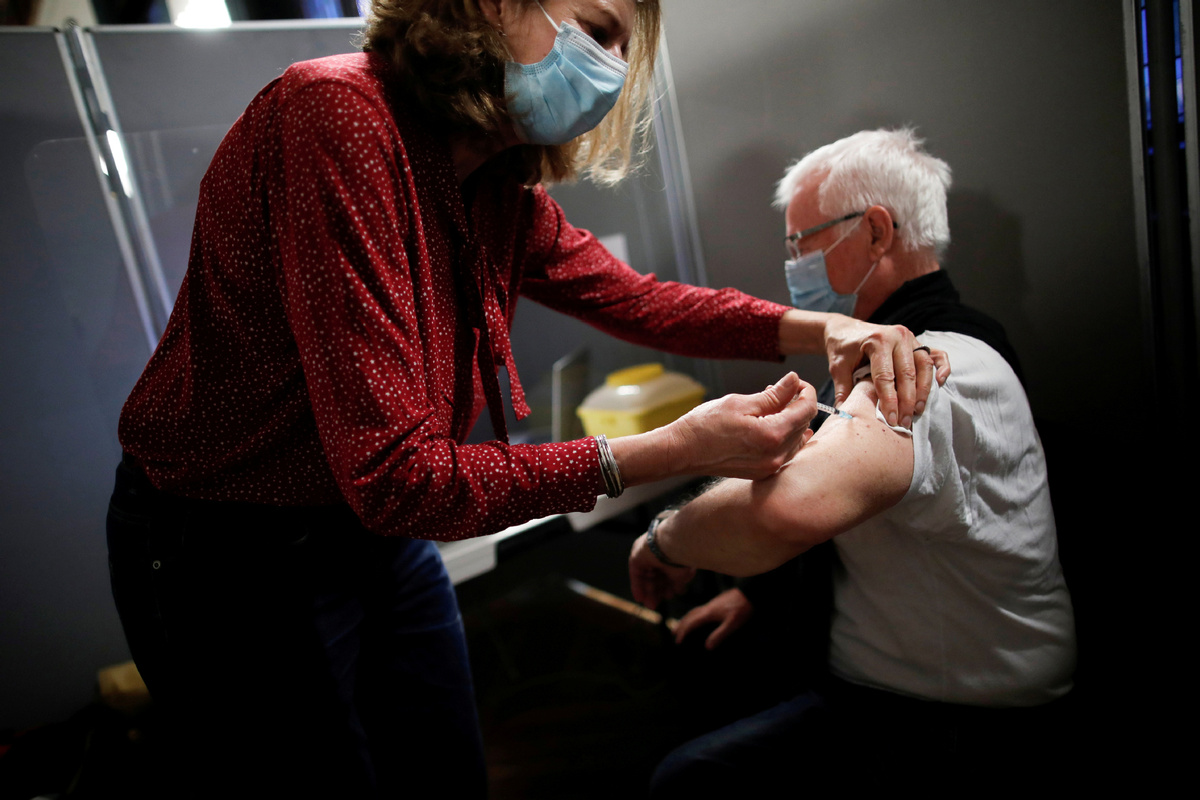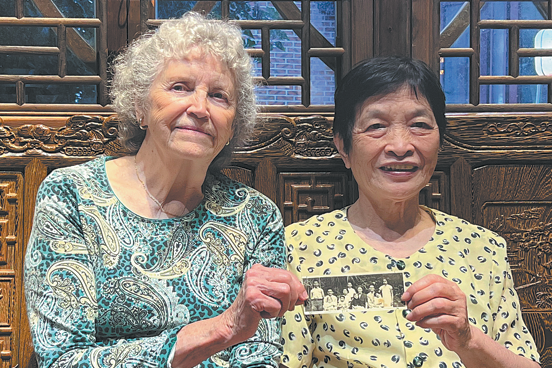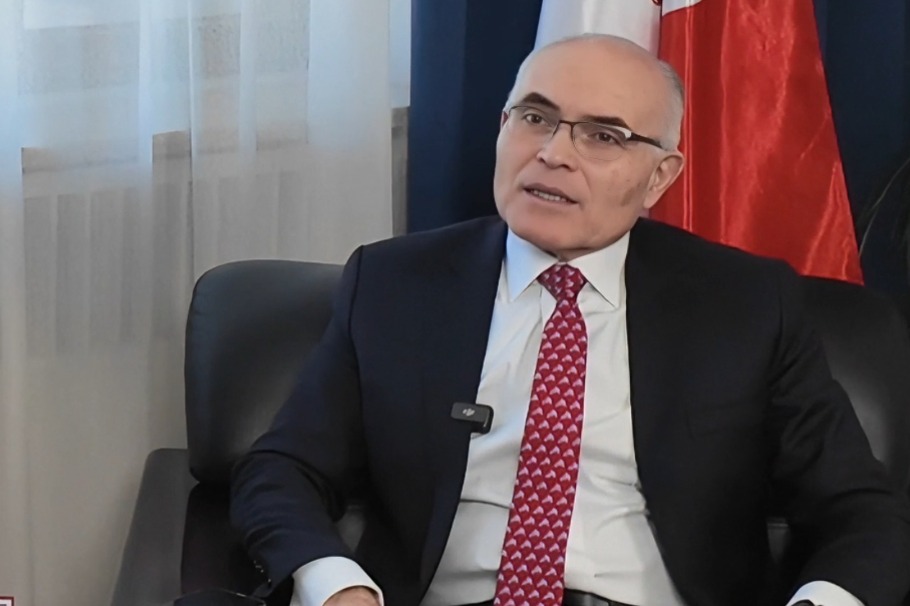Doses shortfall, delivery delay cast doubt over France's vaccination rollout


Meanwhile, France saw the share of people who are willing to be inoculated increasing by 50 percent, up by 12 percentage points from early January, an Elabe survey said on Wednesday.
Less public resistance in a country where skepticism of vaccines is common may be good music to the country's officials and experts that target a return to normalcy by the autumn 2021. However, it may trigger strong demand which could aggravate doses shortfall.
In a remedy, the French National Authority for Health (HAS) on Jan 23 called for doubling the time between people being given the first and second COVID-19 doses to six weeks from three in order "to allow the treatment of at least 700,000 more people in the first month."
"The growing number of infections and the worrying arrival of new variants call for an acceleration of the vaccination campaign in order to prevent the epidemic from spiking in coming weeks," the HAS said in a statement.
Calling the recommendation legitimate, Health Minister Veran said France maintained the gap between the two shots within 21 to 28 days.
"We are faced with an unknown part. I am choosing the security of validated data," Veran said on Tuesday, adding that spacing out the two vaccinations would have a "minor impact on the pace of rollout."
To the epidemiologist Dominique Costagliola, spacing out the time between the two doses would "promote the emergence of vaccine-resistant variants."
"We take a bet by saying to ourselves that we can thus vaccinate more people. We do not really know how they will be protected," she told RTL radio.
"It's impossible to predict the future, maybe we will win, maybe we will lose," she added.
























